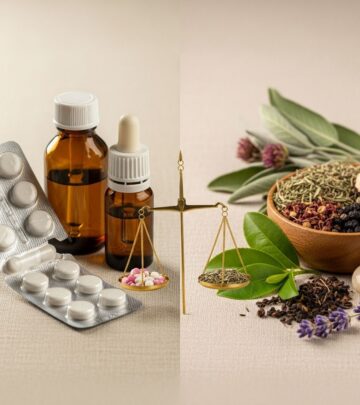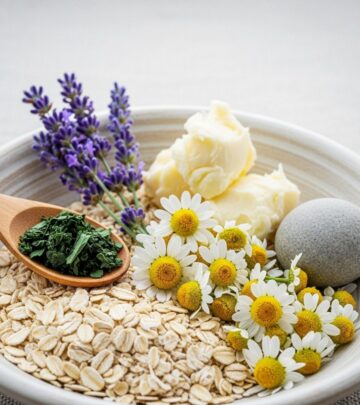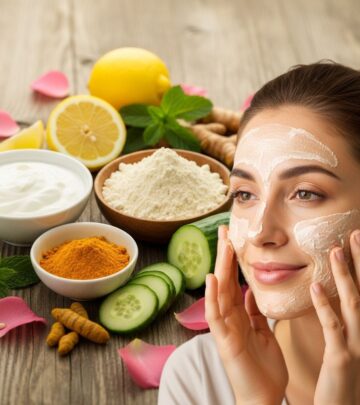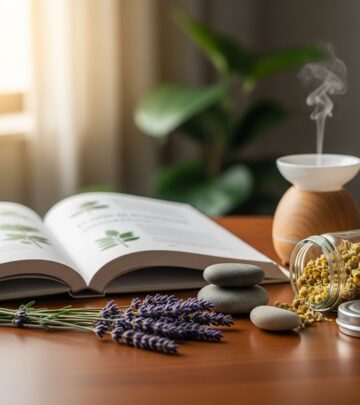Herbal Remedies for Anxiety and Panic Attacks
Explore natural, effective solutions for managing anxiety and panic attacks with herbal tinctures.
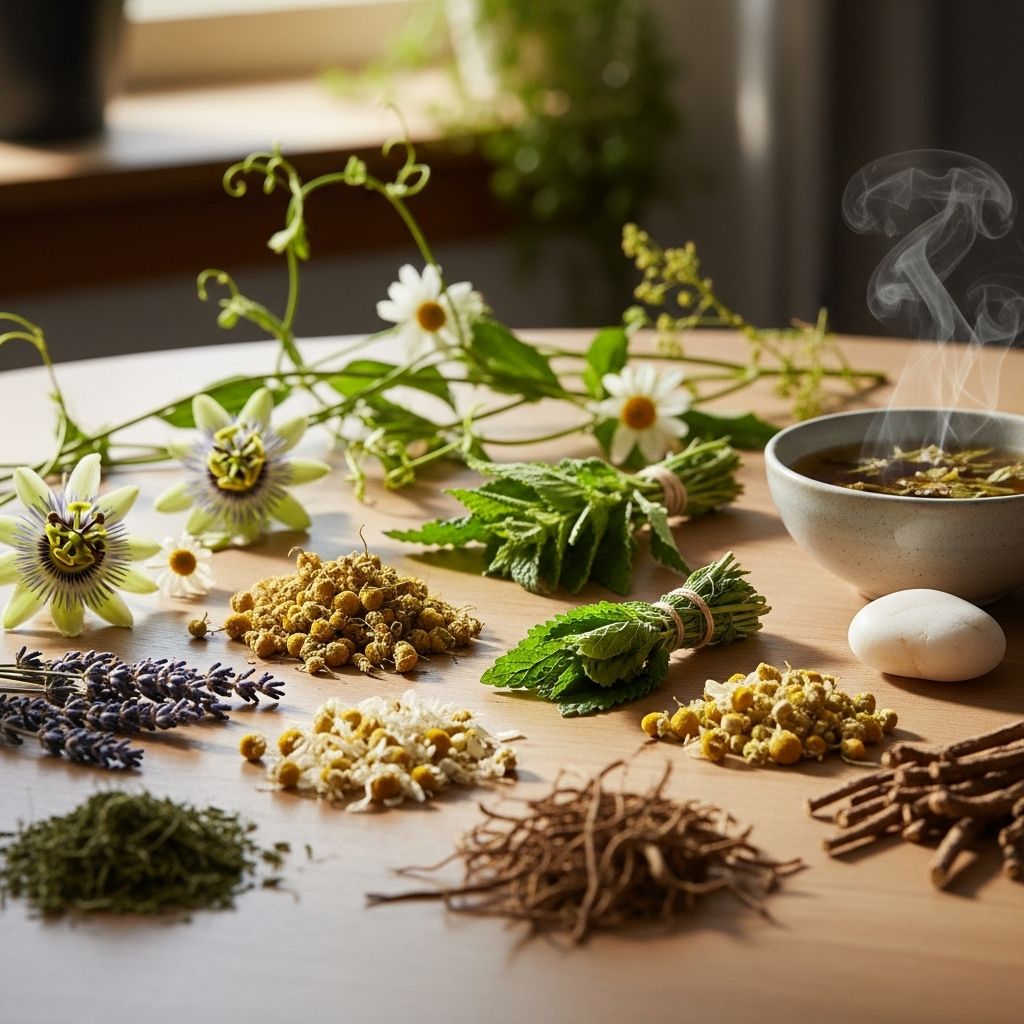
Introduction to Herbal Remedies for Anxiety and Panic Attacks
Anxiety and panic attacks are common mental health issues that affect millions worldwide. While conventional medications can provide relief, they often come with unwanted side effects. Herbal remedies offer a natural, often safer alternative for managing these conditions. This article explores some of the most effective herbal tinctures for anxiety and panic attacks, discussing their benefits, uses, and potential precautions.
Understanding Anxiety and Panic Attacks
Anxiety is characterized by feelings of worry, nervousness, and fear that are persistent and overwhelming. Panic attacks are intense episodes of fear that peak within minutes and can be triggered by specific situations or seemingly occur without warning. Herbal remedies can help alleviate these symptoms by promoting relaxation, reducing stress hormones, and enhancing emotional resilience.
How Herbal Remedies Work
Herbal tinctures work by interacting with the body’s natural processes to calm the nervous system, regulate stress hormones, and promote restful sleep. Here are some of the ways herbal remedies can help:
- Calming the Nervous System: Herbs like Valerian Root and Chamomile promote relaxation by reducing overactivity in the nervous system.
- Improving Mood: Herbs such as Ashwagandha and Lemon Balm regulate stress hormones, enhancing emotional resilience.
- Encouraging Restful Sleep: Tinctures like Passionflower help calm the mind and prepare the body for rest.
Best Herbal Tinctures for Anxiety and Panic Attacks
1. Ashwagandha Tincture
Ashwagandha is a powerful adaptogen that helps regulate cortisol levels, promoting stress resilience. It is ideal for reducing chronic anxiety and improving focus.
Benefits: Reduces cortisol levels up to 28% in clinical studies; improves focus and reduces anxiety.
Uses: Take 15-20 drops in water in the morning to set a calm tone for the day.
2. Valerian Root Tincture
Valerian root is known for its sedative properties, soothing nervous tension and promoting restful sleep.
Benefits: Enhances GABA levels for better sleep; helps quiet racing thoughts.
Uses: Take 30 drops with warm tea about 30 minutes before bedtime.
3. Passionflower Tincture
Passionflower calms an overactive mind and reduces physical tension, making it a great choice for generalized anxiety.
Benefits: Effective for social anxiety and pre-sleep relaxation.
Uses: Take 10-15 drops in water or tea as needed.
4. Lemon Balm Tincture
Lemon balm has uplifting properties that reduce nervousness and enhance focus without sedation.
Benefits: Great for daytime anxiety and staying productive.
Uses: Add 10-15 drops to your morning tea.
5. Chamomile Tincture
Chamomile’s gentle calming effects make it ideal for mild to moderate anxiety.
Benefits: Helps ease stress-related stomach discomfort and tension.
Uses: Take 10-20 drops throughout the day for ongoing support.
6. Linden Tincture
Linden, with its sweet scent, gently soothes the nervous system and supports those experiencing depression, insomnia, and stress-related digestive issues.
Benefits: Relieves body tension and uplifts emotionally.
Uses: Use fresh or dried flowers for teas and tinctures.
7. Skullcap Tincture
Skullcap is an excellent plant for anxiety accompanied by overwhelm, helping with body tension and stress-related pain.
Benefits: Ideal for easing acute anxiety and panic attacks.
Uses: Use above-ground parts in flower to prepare teas or tinctures.
8. Kava Kava Tincture
Kava kava provides fast-acting relief for acute anxiety, social stressors, and panic attacks.
Benefits: Relaxes muscles and enhances mood.
Uses: Take 10-15 drops before stressful events or social gatherings. Use cautiously, as high doses can affect the liver.
Precautions and Considerations
While herbal remedies are generally safer than conventional medications, it’s important to use them responsibly:
- Consult Healthcare Professionals: Especially if you have chronic health conditions or are taking other medications.
- Start with Low Doses: Gradually increase the dose based on how your body responds.
- Interactions with Medication: Be aware of potential interactions with prescription medications.
Frequently Asked Questions (FAQs)
Q: Are herbal tinctures safe to use with other medications?
A: Generally, herbal tinctures are considered safe, but it’s crucial to consult a healthcare provider, especially if you’re already on prescription medications.
Q: How long does it take for herbal tinctures to work for anxiety?
A: Some tinctures, like Kava Kava, can provide immediate relief, while others, like Ashwagandha, may take a few weeks to show full benefits.
Q: Can children use herbal tinctures for anxiety?
A: It’s recommended to consult a pediatrician before giving herbal tinctures to children, as they may interact with medications or have age-specific effects.
Q: Are herbal tinctures habit-forming?
A: Unlike many prescription medications, herbal tinctures are generally non-habit-forming and can be used without fear of dependency.
Conclusion
Herbal remedies offer a natural and effective way to manage anxiety and panic attacks. By understanding the benefits and uses of these tinctures, individuals can create personalized strategies for lasting calm and improved mental well-being.
References
- https://www.herb-pharm.com/collections/calming-herbs
- https://chestnutherbs.com/tonic-herbs-for-stress-and-anxiety/
- https://avivaromm.com/7-herbs-anxiety/
- https://www.medicalnewstoday.com/articles/herbs-for-anxiety
- https://sacredplantco.com/blogs/natures-pharmacy-exploring-the-historical-uses-and-health-benefits-of-medicinal-herbs/find-your-calm-the-best-herbal-tinctures-for-anxiety-and-natural-stress-relief
- https://wholesale.rowecasaorganics.com/products/anxiety-support-tincture-2-oz
- https://www.webmd.com/anxiety-panic/natural-remedies-for-anxiety
- https://ziziabotanicals.com/collections/herbal-tinctures/natural-remedies-for-panic-attacks
- https://remedysnutrition.com/blogs/tinctures/7-best-herbal-tinctures-for-anxiety-that-actually-work
Read full bio of medha deb

